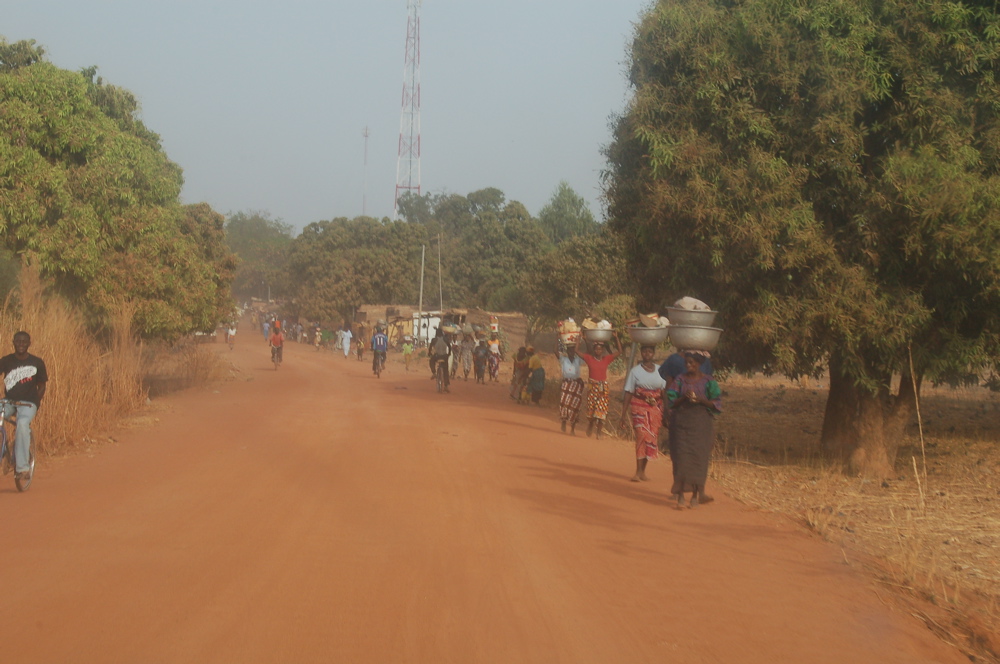The three fold emphasis of our church body is “Witness, Mercy, and Life Together”. Diakonia or mercy or service is the second piece. If it is true that “Words mean things” then it is instructive to note that the word diakonia, at it’s root, means “through the dust.” Originally, it could well have described the activity of a household slave or servant who ran back and forth and back and forth through dusty streets for someone else. The implication is clear that mercy sometimes means getting down in the dust and sometimes getting dirty. At the rough edge of mercy there may be a lot of grime and sometimes even filth. In our antiseptic culture we tend to look at a distance and make great pronouncements about sustainability and cultural sensitivity when at the heart of it all it is sometimes easier and cheaper to do nothing but talk. We don’t want to be choked and stifled by the dust and filth. Yet we follow one who walked the dusty streets.
Closely connected to the word diakonia, is the word as a “slave” of Jesus Christ. The Apostle Paul calls himself a Slave of Jesus Christ and a servant to God’s people. To the world this was a demeaning title, but to him it was the greatest title imaginable. To go “through the dust” for Christ and the “least of these” is the apex of what we can be.


